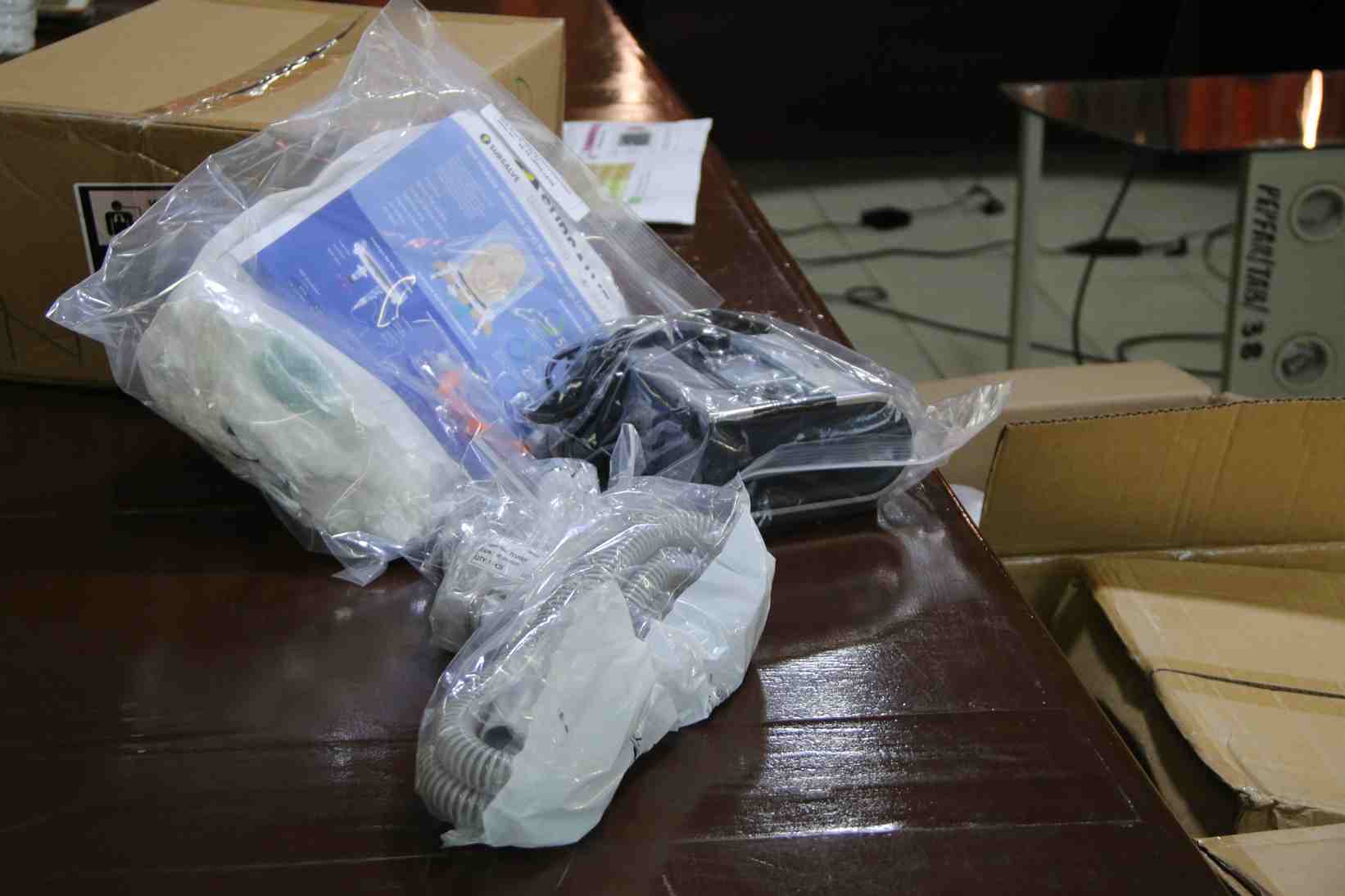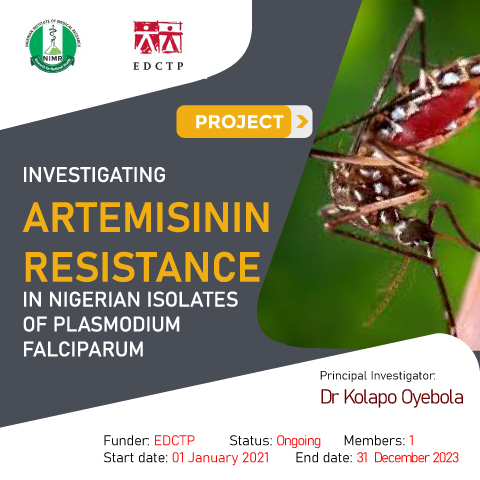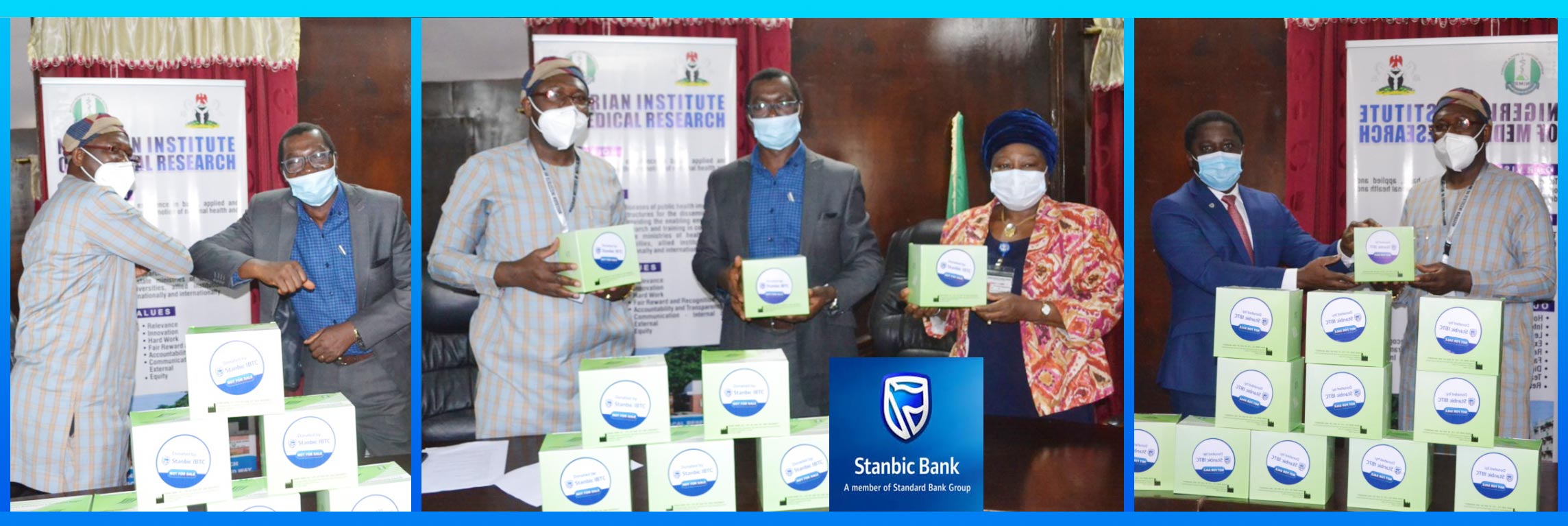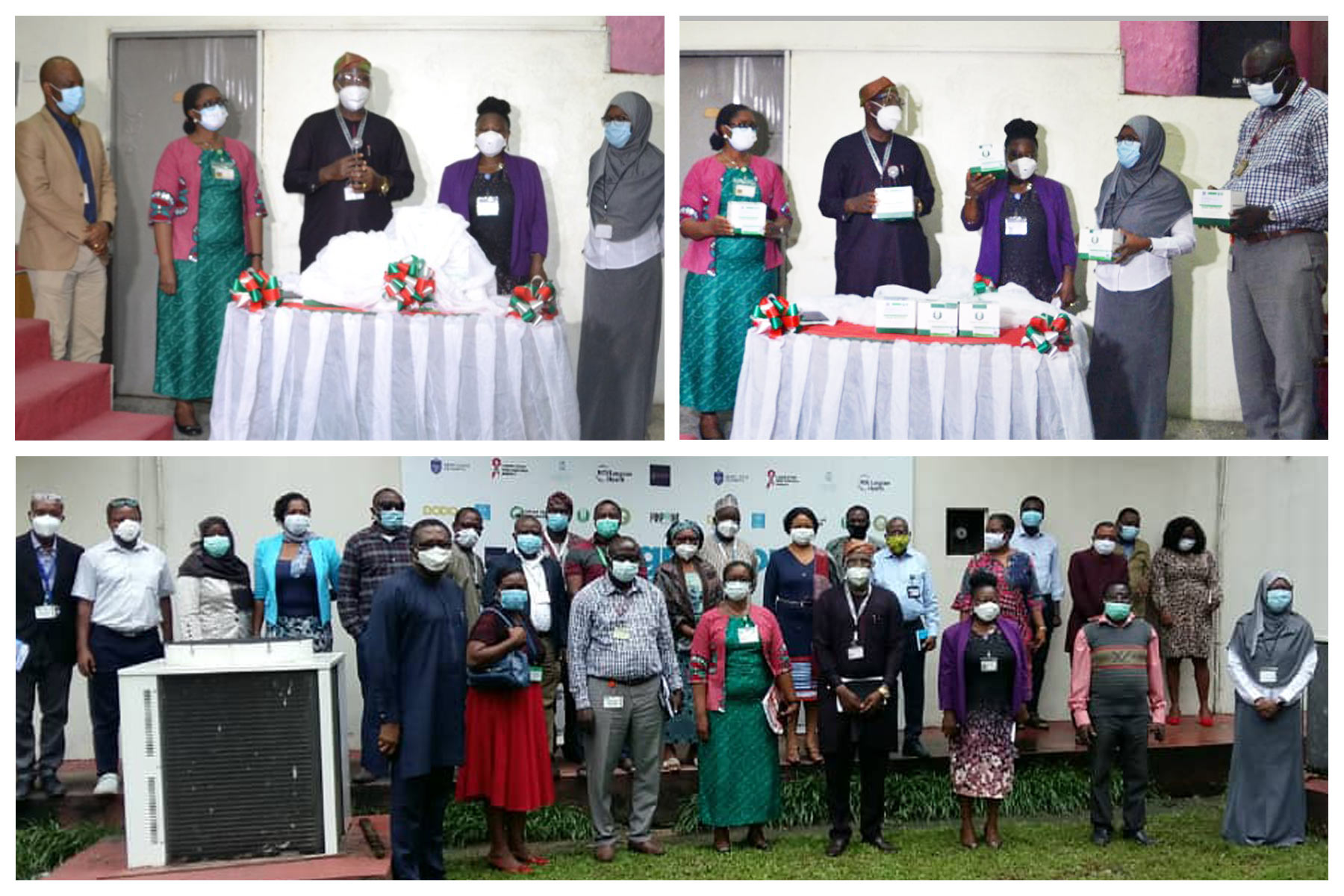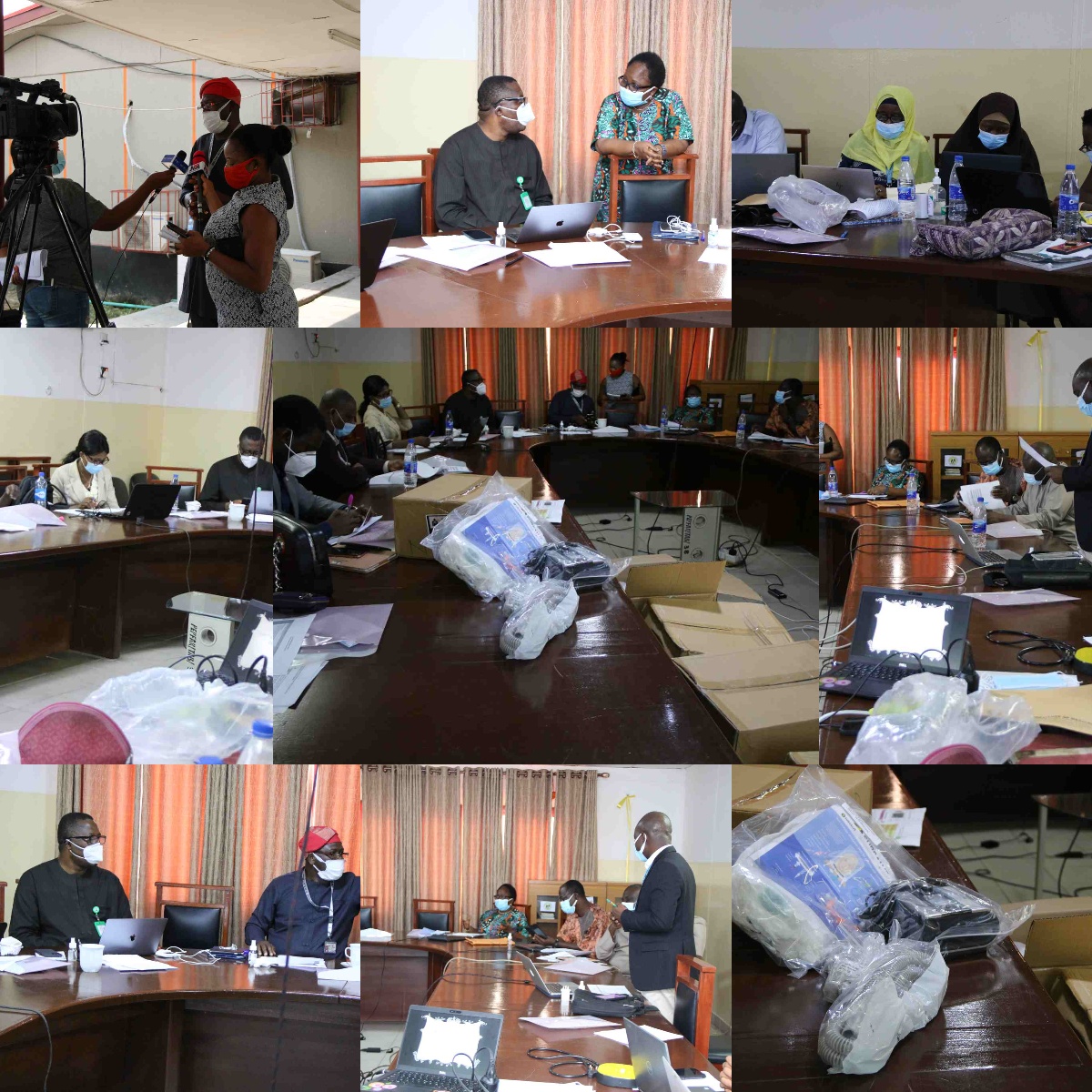
Circum Vent
NIMR conducts research project on reducing mortality in severe SARS-CoV-2 patient with an innovative non-invasive ventilator- CIRCUM VENT
At the meeting of the PI’s from the 8-designated study centres in Nigeria in NIMR, the risk of healthcare workers to sars-cov-2 in unit using the Circum Vent and the logistics of distribution of Circum Vent was evaluated, as well as the distribution of medical facilities to the centres to support the mitigation COVID-19 related morbidity and mortality.
In addition, discussion also focused on the possibility of fostering collaboration between NIMR, New York University USA, Rhode Island University USA, Vanderbilt University USA and Health institutions in Nigeria (UCH, LUTH, FMC (Abeokuta, Ebute Metta Lagos), DELSUTH, UNTH.


